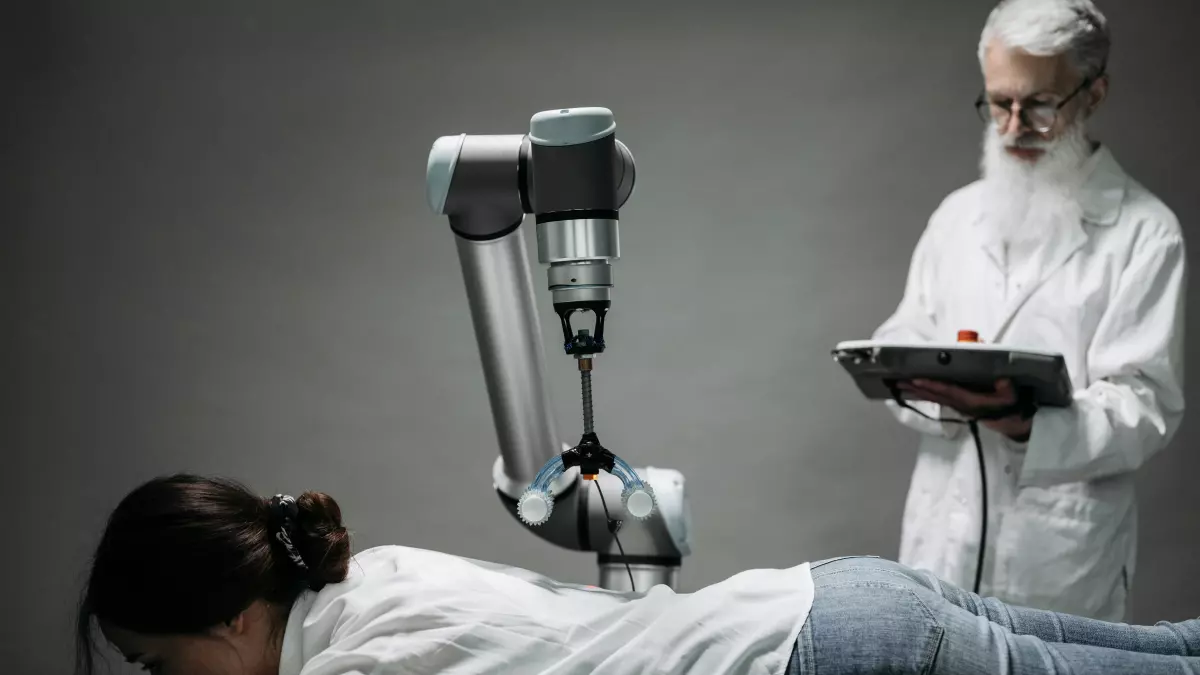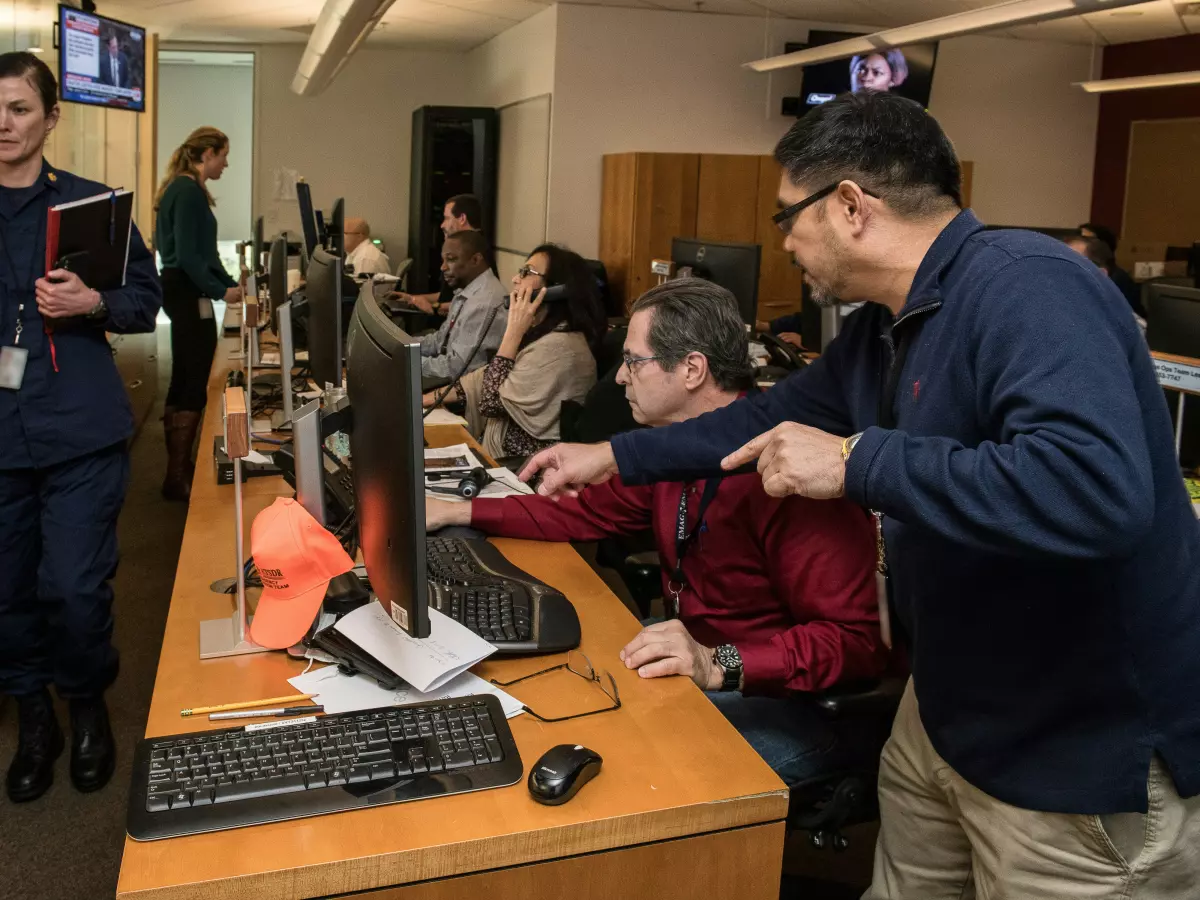AI in Healthcare
Artificial Intelligence (AI) has been making waves across industries, but few sectors have felt its transformative power quite like healthcare. From diagnostics to treatment, AI is reshaping the way we approach medicine, offering new tools that promise to improve patient outcomes and streamline processes. But how exactly is AI changing the healthcare landscape, and what does the future hold?

By Wei-Li Cheng
Let's start with a jaw-dropping fact: AI can now diagnose certain diseases with an accuracy that rivals, or even surpasses, human doctors. In fact, AI algorithms have been trained to detect conditions like diabetic retinopathy, breast cancer, and even heart disease by analyzing medical images. These systems can sift through thousands of images in a fraction of the time it would take a human, and with fewer errors. This isn't just some sci-fi fantasy—it's happening right now in hospitals around the world.
So, why does this matter? Well, for one, early diagnosis can be the difference between life and death. AI's ability to spot abnormalities in medical images means that diseases can be caught earlier, giving patients a better chance at successful treatment. And it's not just about speed—AI can also detect patterns that even the most experienced doctors might miss, leading to more accurate diagnoses.
But AI's role in healthcare doesn't stop at diagnostics. It's also being used to develop personalized treatment plans. Imagine going to the doctor and receiving a treatment plan that's been tailored specifically to your genetic makeup, lifestyle, and medical history. This is becoming a reality thanks to AI-powered systems that analyze vast amounts of data to recommend the best course of action for each individual patient. It's like having a supercharged medical team working behind the scenes to ensure you get the best care possible.
Another area where AI is making a big impact is in drug discovery. Traditionally, developing a new drug can take years of research and billions of dollars. But AI is speeding up the process by analyzing data from previous drug trials, predicting how different compounds will interact with the human body, and even suggesting new drug candidates. This could lead to faster, more effective treatments for everything from cancer to Alzheimer's disease.
And let's not forget about AI's role in surgery. Robotic-assisted surgeries are becoming more common, with AI helping to guide surgeons during complex procedures. These systems can provide real-time feedback, helping to reduce the risk of complications and improve patient outcomes. In some cases, AI-powered robots are even performing surgeries autonomously, though we're still a long way from replacing human surgeons entirely.
Of course, with all these advancements come challenges. One of the biggest concerns is the ethical implications of using AI in healthcare. For example, who is responsible if an AI system makes a mistake? And how do we ensure that these systems are being used fairly, without bias? These are questions that healthcare providers, regulators, and technologists are grappling with as AI becomes more integrated into the medical field.
But despite these challenges, the potential benefits of AI in healthcare are too significant to ignore. From improving diagnostic accuracy to personalizing treatment plans and speeding up drug discovery, AI is poised to revolutionize the way we approach medicine. And while we're still in the early stages of this transformation, the future looks incredibly promising.
In many ways, AI in healthcare is reminiscent of the early days of medical imaging. When X-rays were first introduced in the late 19th century, they were met with skepticism and even fear. But over time, they became an indispensable tool in modern medicine. Similarly, AI is still in its infancy, but it's already proving to be a game-changer. And just like X-rays, it's likely that AI will become a standard part of healthcare in the not-so-distant future.





